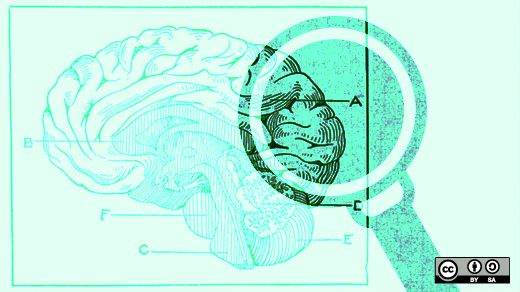Many organizations use at least some open source code within their programs. So it is surprising that recent graduates who work with companies using open source software are usually ill prepared (or not prepared at all) to deal with open source legal issues. However, it is not the attorneys’ fault.
Open source legal training is not easy to find, and if available it is not cheap. In the Bay Area, some law schools support an "open movement" policy. For example, some of them create and promote their own commons, meaning that the journals' articles are uploaded and distributed for free online. The schools' open access policies allow attorneys to stay up-to-date on their education, without the stress of paying for a subscription. (See SCU commons and UC Hastings.)
Many schools also support patent reform. The schools hold patent reform panels, encourage professors to write articles about patent reform, and so on. These are probably the two largest open movement policies supported in the law school environment, which is commendable, but not enough.
Falling short
The schools' creation of a commons and promotion of patent reform falls short because it does not include legal training in open source licensing and the legal issues new attorneys will see when they start practicing in the field of tech. There are certainly professors who voice their interest in open source and open patents during their classes, but more needs to be done.
Professors lack the resources that would allow them to include open source principles in the curriculum. Thus, students who are interested in open source licensing are unfortunately better off buying a book on the subject. Some might get lucky and find a mentor willing to explain some of the concepts, but typically there is no formal legal training on the subject. (Stanford University has an open source law class, but it has not been offered for a while. And, Golden Gate University's eCommerce class has a one-week open source licensing project.)
Licensed attorneys are also having a difficult time finding affordable training on open source licensing, which is concerning in a world in which technology advances at a lightning-fast rate, and much of it depends on open source software.
If attorneys lack training in open source-specific law, they cannot help companies that depend on open source software to create their product to successfully bring that product to the market (e.g., license it).
So, why are law schools not teaching open source law? I see traditional copyrights and patents as a security blanket. Most companies need to know there is a fall-back mechanism in case the company does not reach the expected success. This means that if company doesn’t get the expected returns on a product, they can resort to the patent or copyright infringement claim. This business model, in my view, is why law schools continue to push the copyright/patent curricula instead of considering other open licensing models.
As products become more complex, the skills that would previously suffice to bring a product to the market need to evolve. Although some companies will continue to clinch to traditional copyrights, forward-thinking companies appreciate that an open approach will have a better success rate. Consequently, attorneys who wish to continue practicing in intellectual property (IP) will have to understand open source law, in addition to traditional copyright and patent law.
In January, SCaLE 14x will present the first legal track. The track is targeted at law students and licensed attorneys who would like to learn more about open source law. Students and law school faculty can use the code "LAWST" and practitioners can use the code "OPNLW" for a discount on registration. The legal track is currently pending CLE approval by the California Bar Association.







Comments are closed.